Archives
Categories
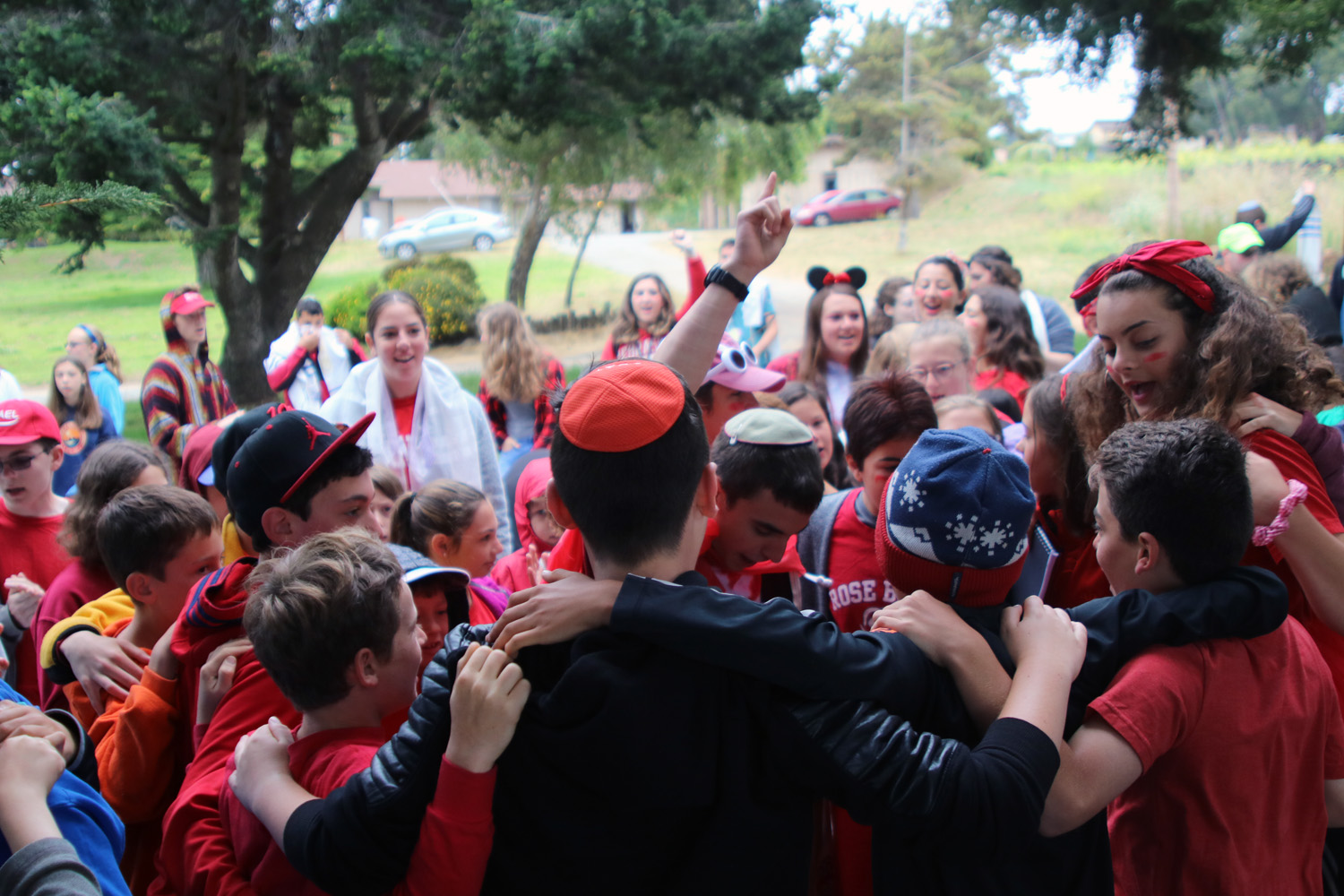
The very design of the camp’s program and staff structure speaks to a deep desire to empower every individual to grow and contribute as leaders, fostering Manhigut in so many ways. I was especially struck by the new addition of a Nachshon edah, which providing campers entering into their upper years of high school a richer camp adventure as they shared their experience in camp, expertise and enthusiasm with campers, whether teaching songs, dances, camp or leading Yom Sport. Beyond just these elder campers, I felt strongly the sense that every staff member, counselor and even the campers themselves saw it as their responsibility to lead others as role models and exemplars of the values and spirit that make Ramah Galim unique. Rather than shying away from opportunities, I witness campers and staff alike step up to share stories, lead skits, teach Torah and support each other in a way that makes camp a great training ground for the leaders they can be in their communities back home.
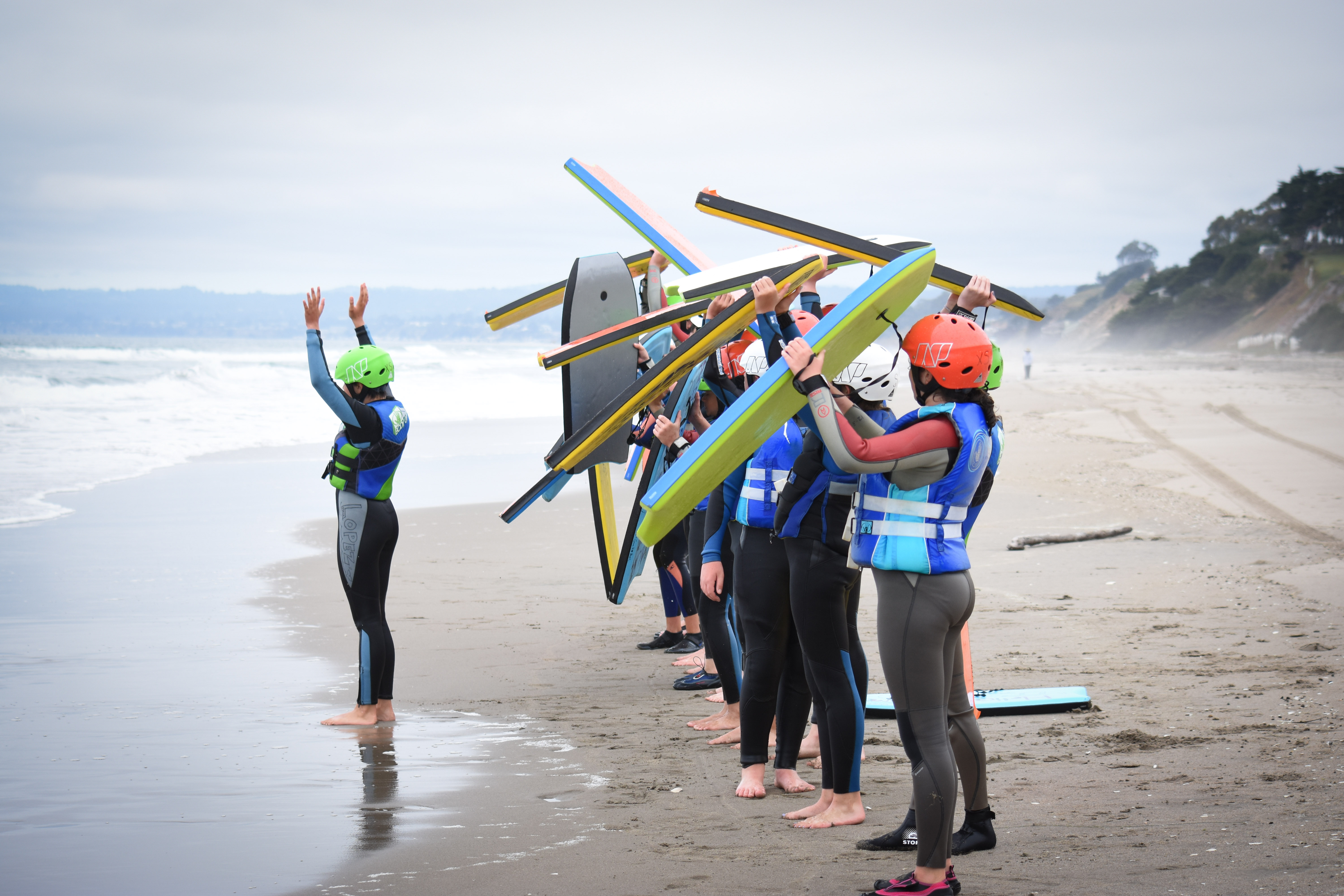
Still in the midst of their desert trek, our ancestors have finally made camp. More than that, in recent chapters of the Torah, we read of challenges to Moses’ leadership by Aaron and Miriam, a chaotic attempted mutiny by Korach and his group of rebels, troubling pessimism from spies sent to scout out the Promised Land, inhospitable neighbors, the deaths of Miriam and Aaron, and countless other trials. It feels like just too much, more than any people can bear.
How could anyone imagine the Israelites taking even one more step after all this? That is where our Parashah begins. And the big gift is: an answer, one that flows straight through the heart of Ramah Galim, can also be found in our holy narrative.
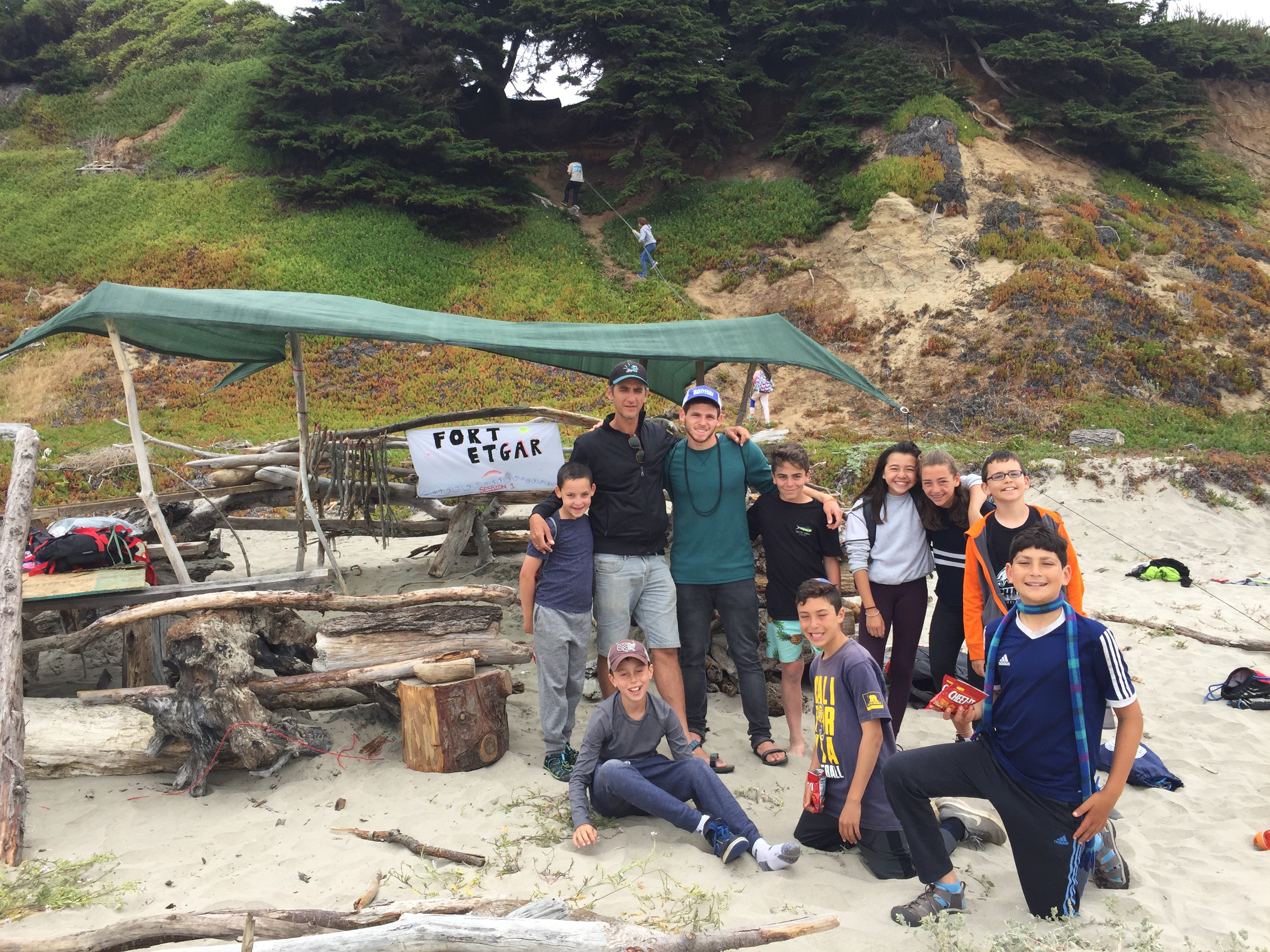
On our second day of the summer, my three-year-old started calling our camp lodgings “home.” I asked him what he meant and he said, “We have two homes: Galim and St. Louis. And both have red doors!” I was amazed, first that he’d noticed and correctly recalled the color of the door (I thought it was brown), but even more than that was the fact that at so young an age he could say something that had taken me a lifetime to understand: that camp is home.
The journey to find a sacred place to call home can be full of twists and turns. We see it in Parashat Balak, which we read this Shabbat. Much as Bilaam ends up discovering an encampment of lovely tents and dwelling places among the people he was sent to curse, we are often surprised by the incredible places we encounter. And sometimes, if we are lucky, we get to come back to the special places in our lives again and again.

One of the great challenges of Torah study is the interpretation of the Hebrew text. How exactly should we understand the original Hebrew in our own language and culture? As Rabbi Shai Held points out, a case in point can be found in this week’s parasha, Korach. After a fire breaks out, the Israelites become afraid of coming near the Mishkan. So God decides that the Kohanim will be the ones to approach the holiest spaces, and says: Avodat Matana Eten et Kehunatchem. Some understand that to mean, “I will make your priesthood a service of dedication” while others say it means “I give your priesthood as a gift.” The way the Hebrew text is interpreted is crucial, as these two translations lead to two very different views of leadership.
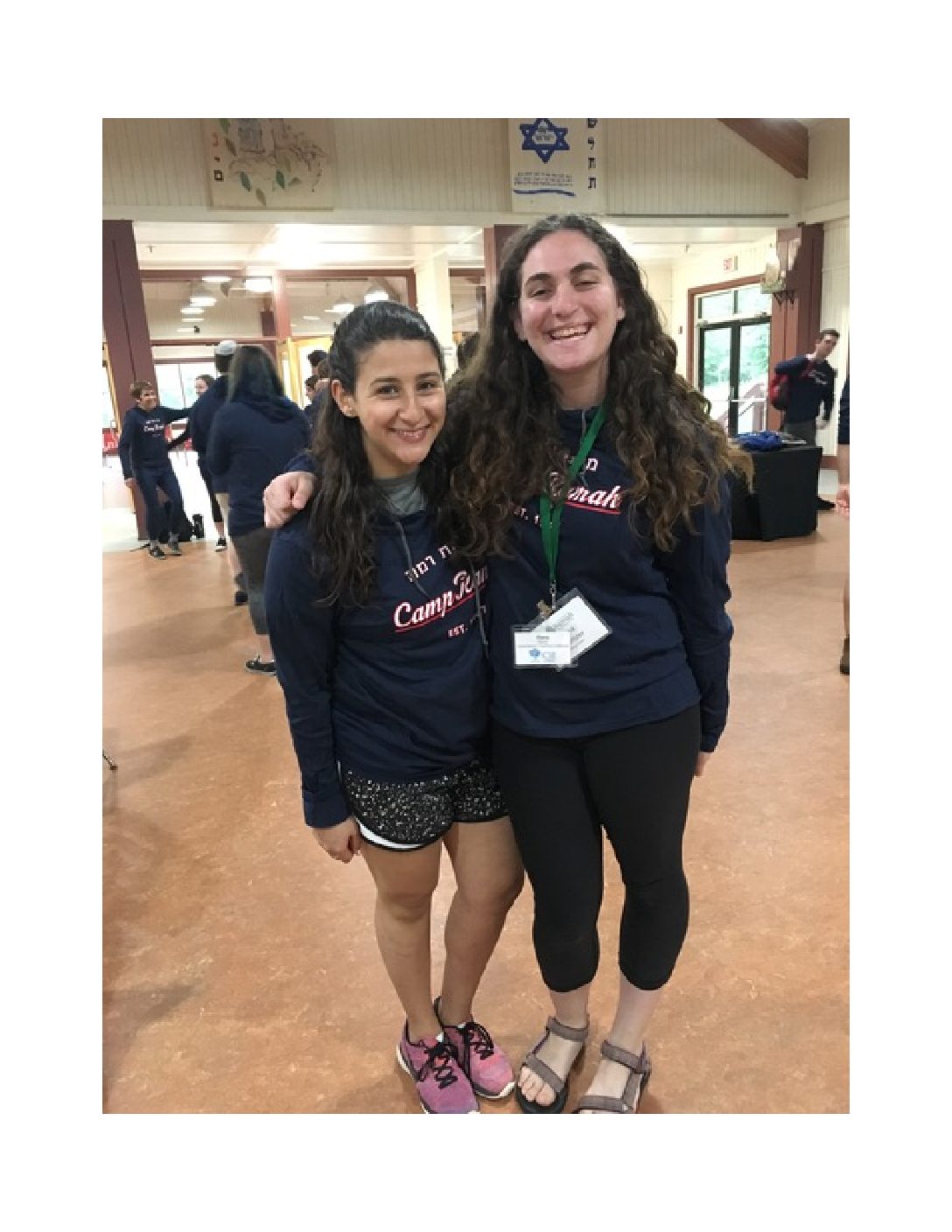
Last week I had the incredible opportunity to attend the Louis & Shoshana Winer Institute for Rosh Edah Training hosted at Ramah Darom in Georgia. This intensive three-day workshop brings together both new and returning Rashei Edah (unit heads) from all Ramah camps across the nation and year-round professionals to learn from each other and hone their leadership skills, reflect on the past summer, build new connections, and most importantly begin preparing for the upcoming summer. The focus of this workshop is leadership development and to provide Rashei Edah with all the necessary resources and strategies to enable them to be the most effective leaders in their respective camp communities.
In this week’s Torah portion, Parshat Behalotecha, we see one of camp’s core values, manhigut (leadership) in action, as Moshe is tested as a leader when faced with handling all of the frustrations of B’nai Yisrael while they journey through the desert. Moshe calls out to God to express that he feels the tremendous burden of having to carry the entire nation on his shoulders. God responds to Moshe by advising him to appoint seventy elders to help assist in bearing the burden of the nation.
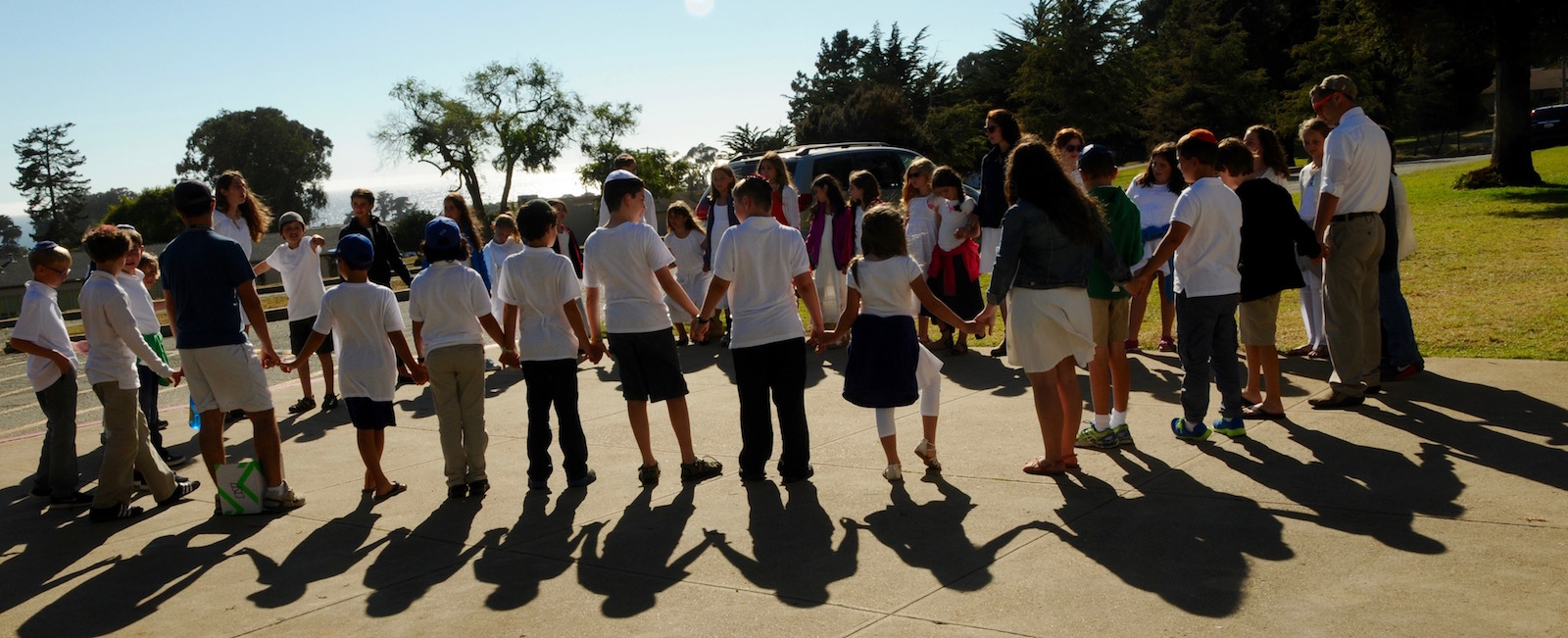
“Anu banu artza, livnot ulehivanot bah – We have come to the Land to build and be ourselves rebuilt.” I imagine the Zionist pioneers tilling the land, as they sung out this early pioneer song, dreaming of a day when they would be able to share this in their own land, dedicated to the creation of a Jewish state. They could not even imagine a day where I would be writing from my apartment in downtown Jerusalem, where I am spending a semester abroad. And, yet, here I am, in Israel, with its 70th birthday just around the corner. The streets are filling up with decorations, there is jubilation in the air for the miracle of a 70-year birthday. As I walk around, I can only hope that our excitement is mixed with and understanding of sacrifices made on all sides for us to get to where we are today.
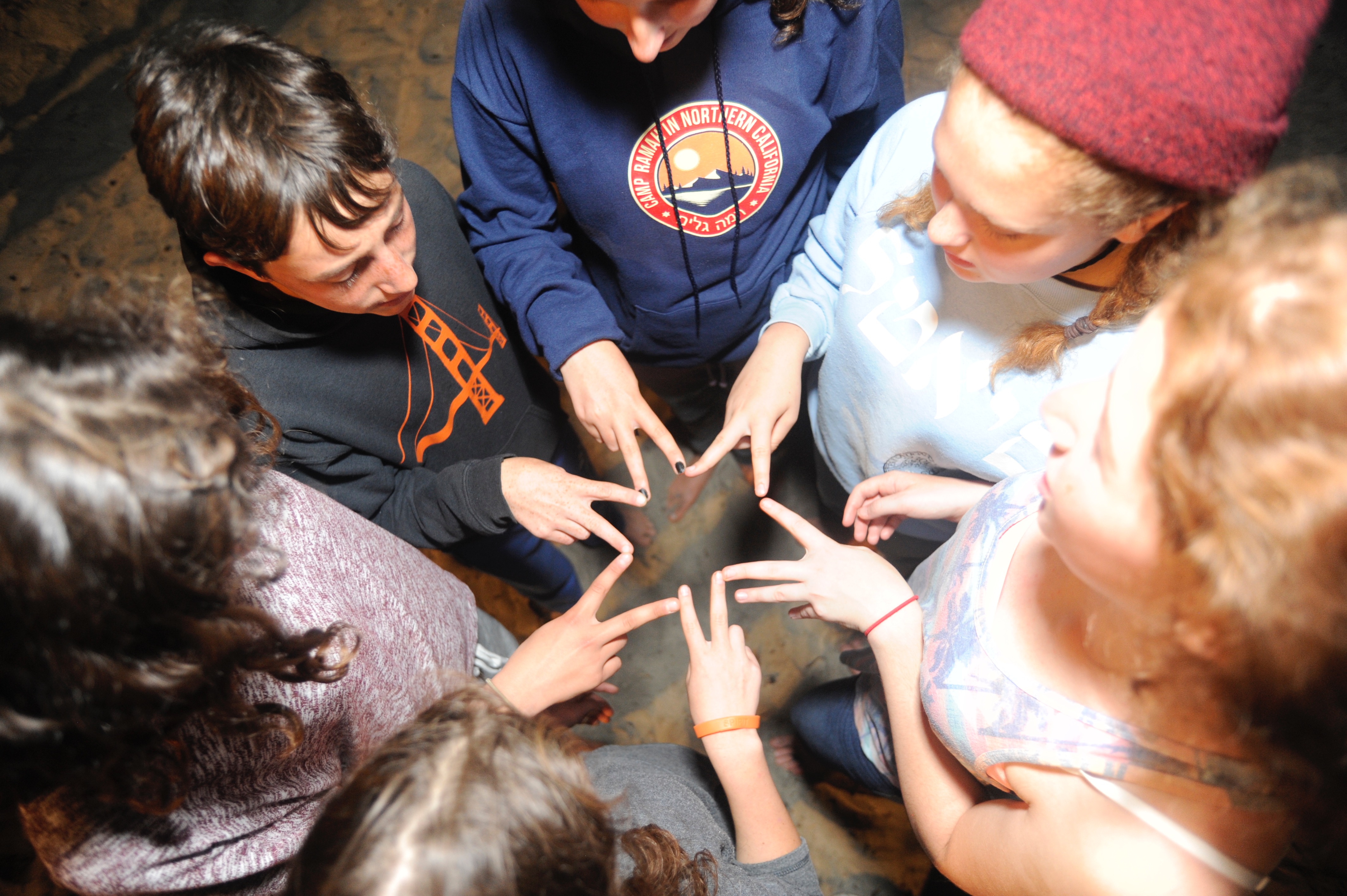
My friends never quite believe me when I say that I have always liked math. Much to their chagrin, I usually point out that when it comes to math, when you know what you are looking at, there are no questions left when you are done. No matter how complicated the equation, it always adds up. In the past four months living in Israel, I have found that while this place will often astound me at a first glance, more often than not things tend to add up in one way or another.
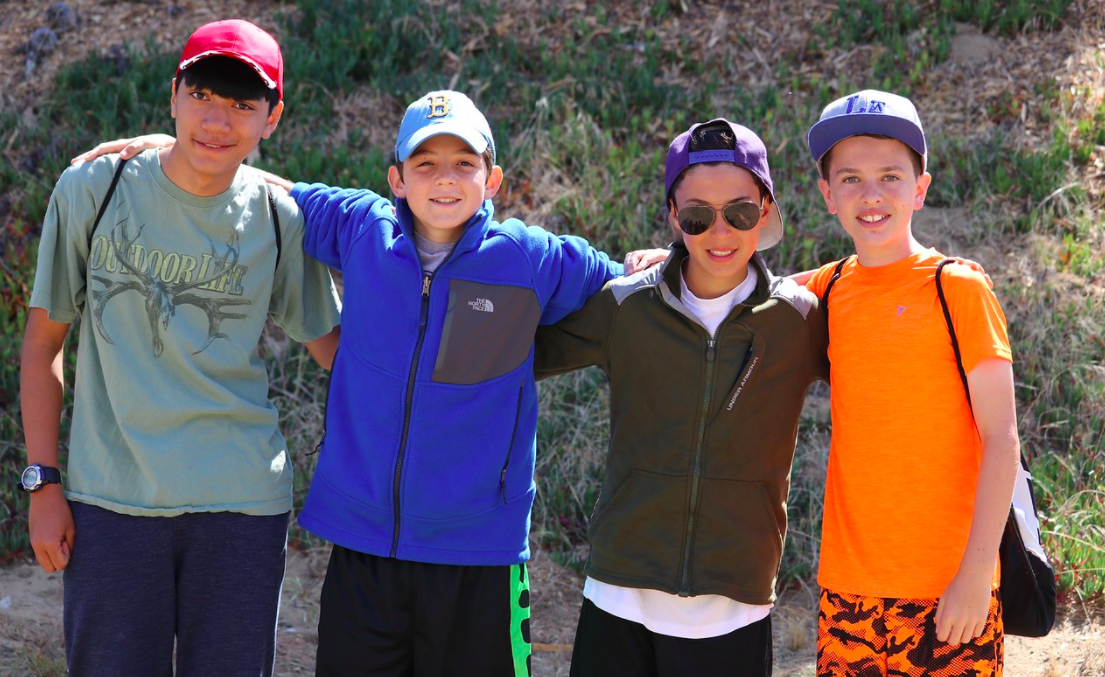
It’s Sunday morning and I have just returned from a short run; the sun is shining but it is deceivingly cold. Like most mornings, my run was filled with beautiful scenery and a sense of calm. It is my time to put all of the worries of daily life aside and to take a moment to be present and mindful. On my run I noticed a hare run across the path, a group of deer grazing in the meadow, and the rush of the water as I crossed over a footbridge. I took a moment and mentioned to my friends just how blessed we are to live in a place surrounded by such beauty.
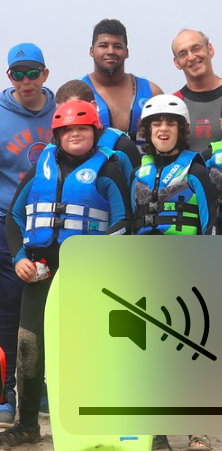
I was recently on the train from Baltimore to New York, processing all I learned and experienced in three days of large and small group sessions at the Foundation for Jewish Camp Leaders Assembly. This biannual gathering is attended by nearly everybody in the Jewish camping world, including camp directors, board members, song leaders and inclusion specialists. This illustrious list included Rabbi Sarah and Alana, our camp directors! What a treat to listen to speakers—and sing camp songs—with so many people who care about Jewish camping as much as your own Ramah Galim delegation. To give a sense of the enormity of the gathering, I was assigned to Table 64 for dinner on Sunday evening!
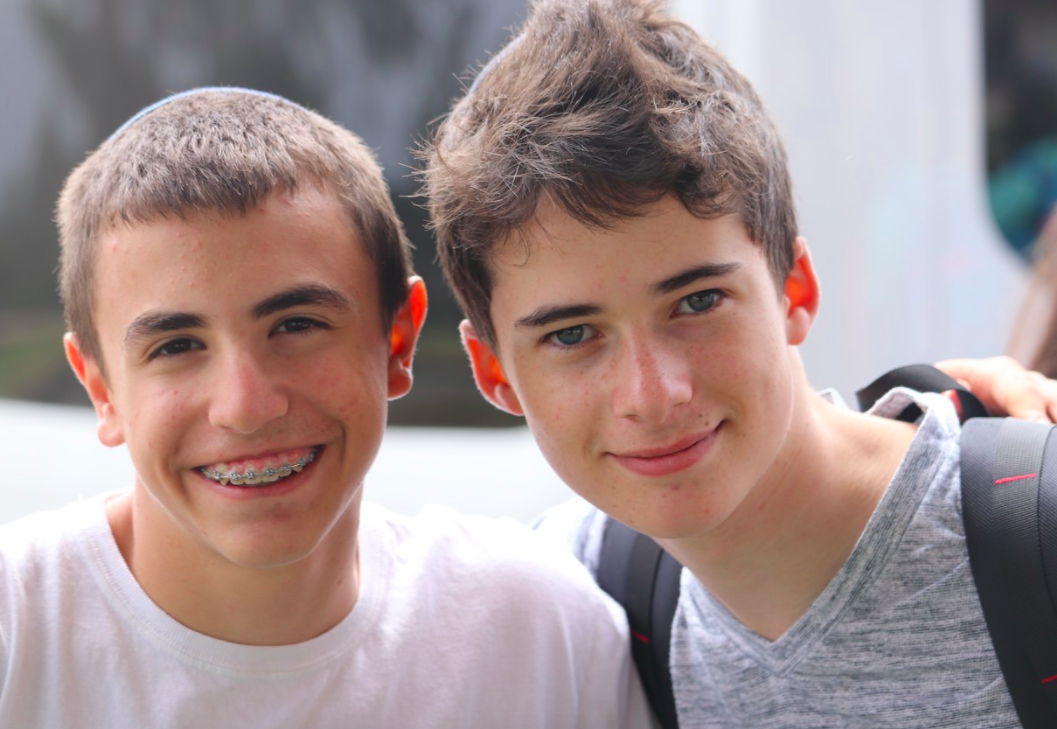
We are thrilled to welcome incoming 11th graders to Ramah Galim for the first time this summer in our new edah (age group), Nachshonim. Meaning courageous ones, Nachshonim, comes from the biblical leader Nachshon ben Aminadav, who according to Midrash was the brave person who took the first step into the sea out of Egypt. Our goal for Nachshonim is to build a program that provides an incredible culminating camp experience for our oldest campers while building individual and facilitative leadership skills that inspire campers for future roles on staff and beyond.